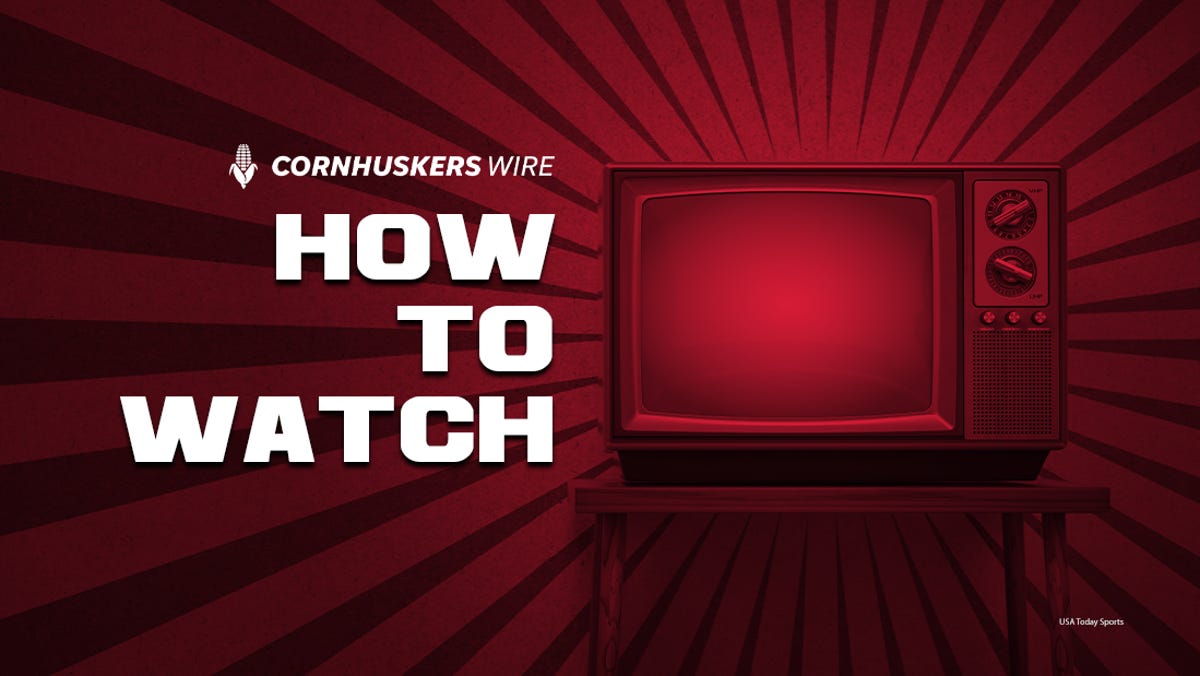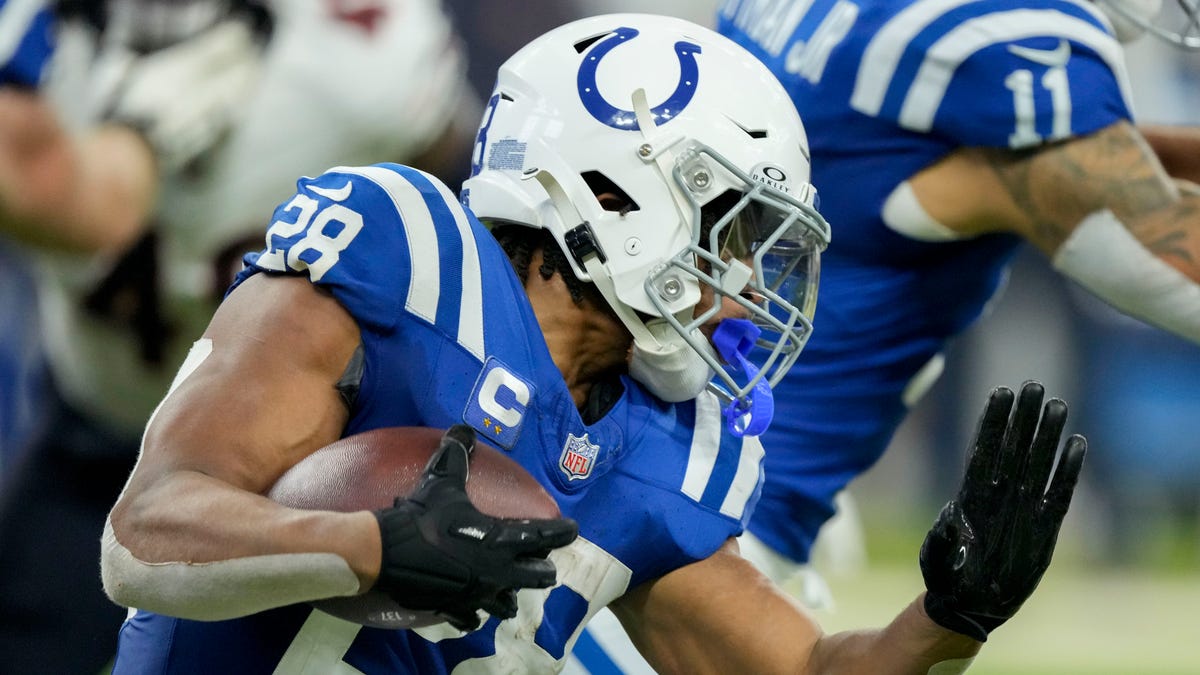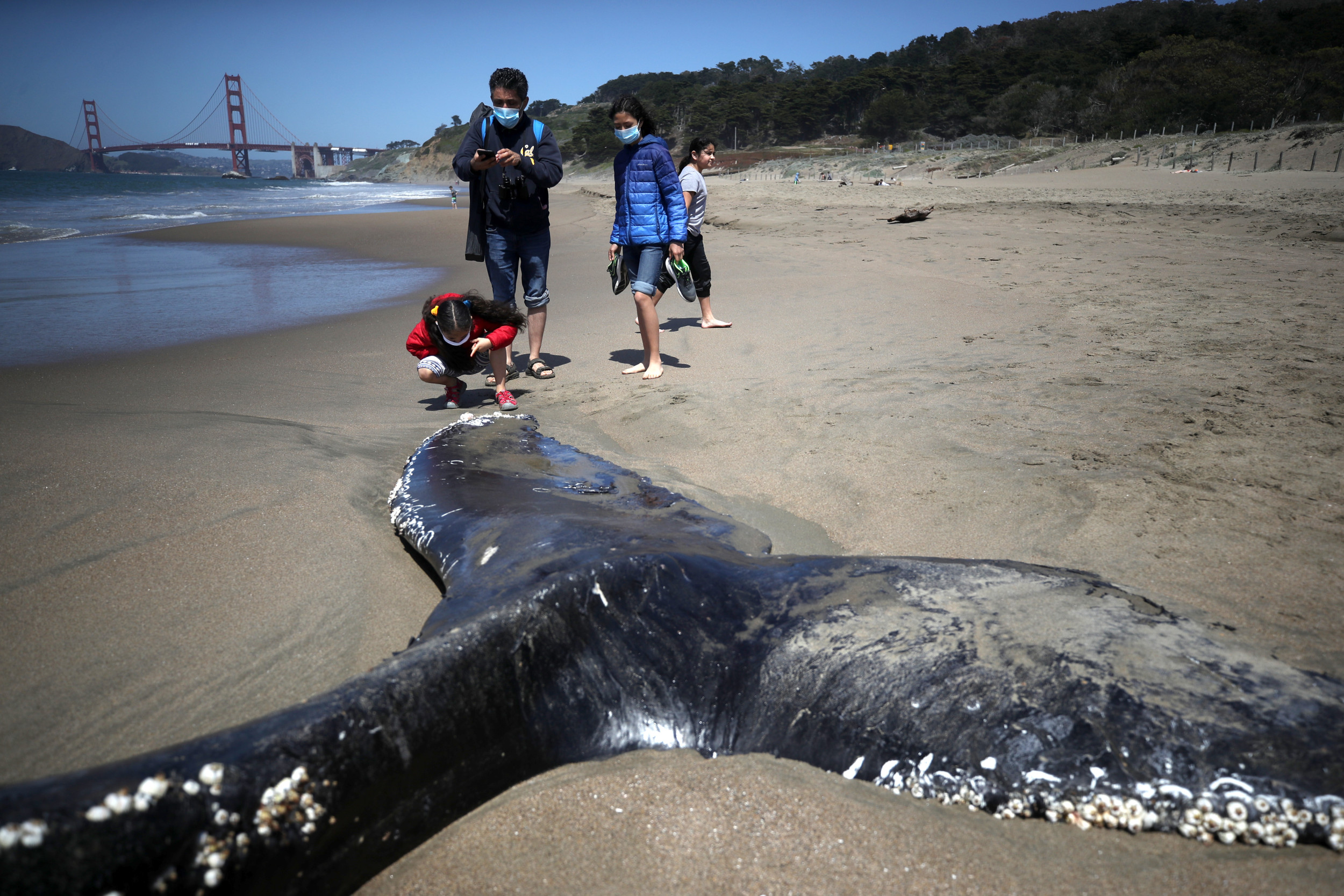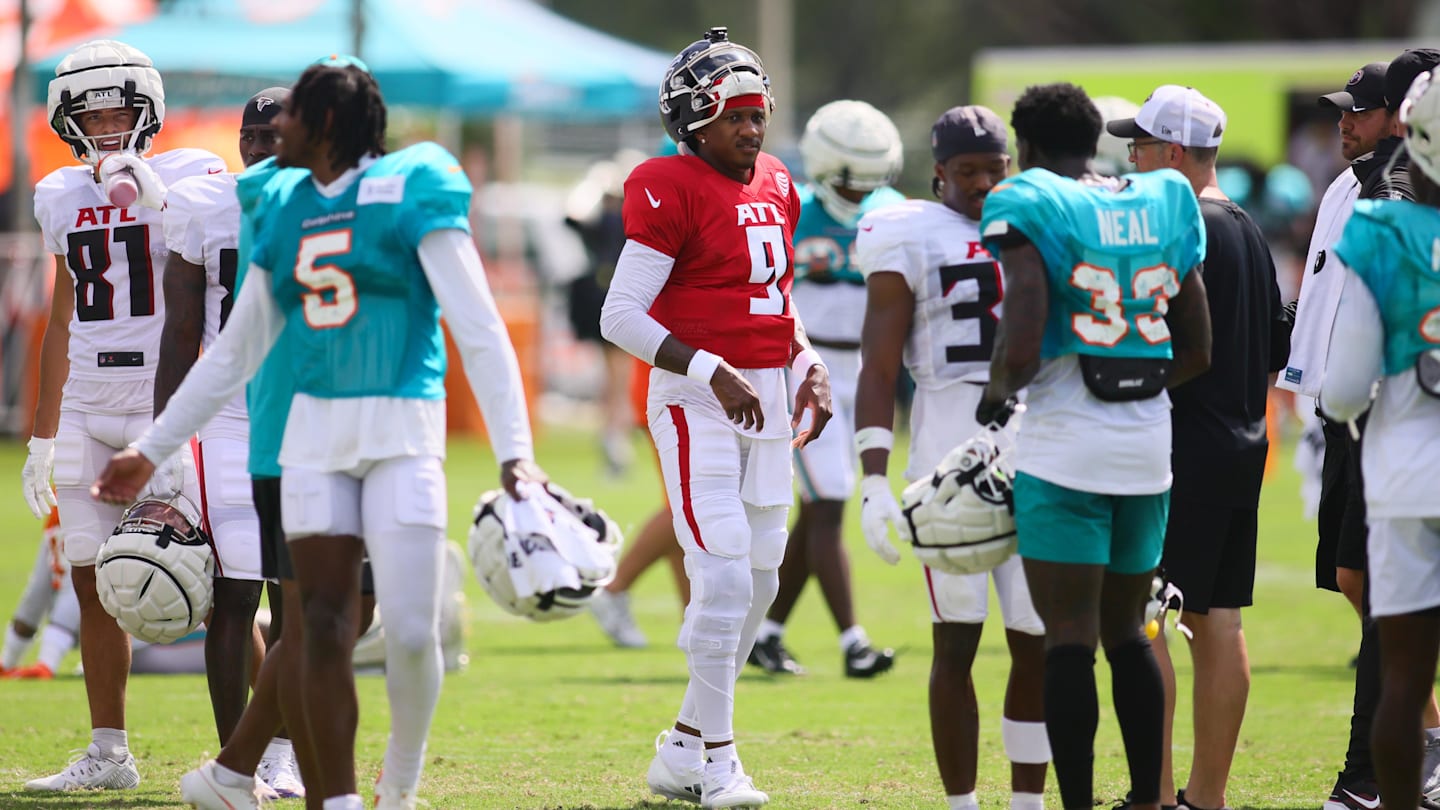In many ways, it looked like any college graduation. There were balloons, flowers and squares of frosted marble cake. Rows of family and friends faced a lectern in the fluorescent-lit gymnasium.
But the uniformed guards patrolling the gym underscored that this was no ordinary commencement. It was the first of its kind to take place inside the East Moline Correctional Center, a minimum-security men’s prison on the Illinois-Iowa border about two and a half hours west of Chicago.
As the procession music played from a tabletop speaker, three students in caps and gowns marched up the aisle on Tuesday to become the first graduates of Augustana College to earn their bachelor’s degrees while serving prison sentences.
“This moment is causing a lot of mixed emotions,” said one incarcerated student, Brandon Johnson, addressing the room. “They say there’s no crying in prison, but I brought some tissue just in case.”
The Augustana Prison Education Program, or APEP, began full-time in the fall of 2021 and gained accreditation the following spring. It now has about 30 people enrolled. Students take college courses on everything from physics to poetry — but without access to the Internet and sometimes writing assignments by hand.
“It’s the same Augustana degree requirements, same professors, same rigor — in a prison,” said Sharon Varallo, the program’s executive director.
The first to graduate, David Staples, finished his degree on-campus last year after his release from prison in 2022. Now, he has been joined by four more graduates, including the three present at Tuesday’s ceremony: Jorge Herrejon, Brandon Johnson and Chris Allen.
“I’m so proud of him. He’s taken a bad situation and made the best of it,” said Jim Allen, Chris Allen’s father.
He said he drove three hours from central Illinois the previous night to see his son, who was locked up as a teenager, graduate from college.
There is high demand for educational programs in prison but very few opportunities. Incarcerated students describe their time in the classroom as transformative, and it helps many earn time off their sentences. But only about 600 of the more than 29,000 people in Illinois prisons are enrolled in higher education programs, according to the Education Justice Project at the University of Illinois Urbana-Champaign
Steven Cardenas, a first-year student locked up at East Moline, said it took three tries before he was accepted into APEP.
“It’s an opportunity that’s not given in a lot of different facilities and one that I jumped at immediately because it’s like I get to do something positive with my time,” he said.
Herrejon said he enrolled in college not just for himself but primarily to set an example for his younger siblings. His little brother attended the ceremony.
“I had to change, and they had to see that,” Herrejon said. “And I am proud to say that none of them have followed in the footsteps that I walked before I was incarcerated.”
Herrejon said he’s not sure what he’ll do with his degree once he’s released. He is 31 and has been incarcerated since he was 17.
“I do know that I wanted to be in service of people who are underprivileged, underrepresented…and teach them that there are options in life,” he said.
Lauren Frost is the lead producer of WBEZ’s Prisoncast!, a journalism project serving incarcerated Illinoisans and their loved ones. Listen at 2 p.m. June 15 on 91.5 FM, and go online to wbez.org/prisoncast.
































